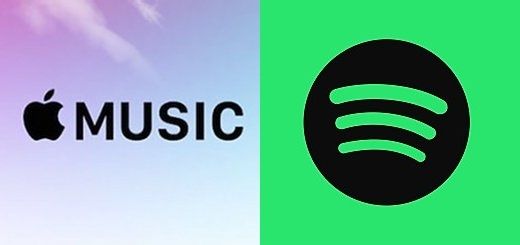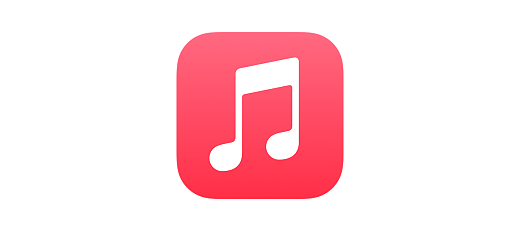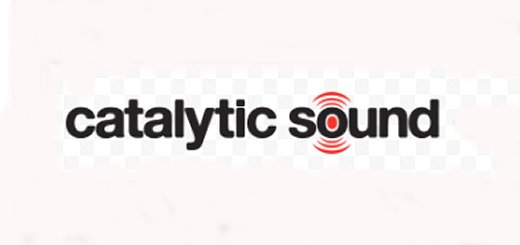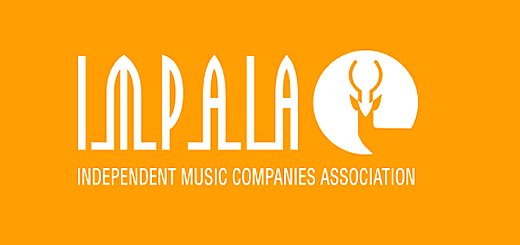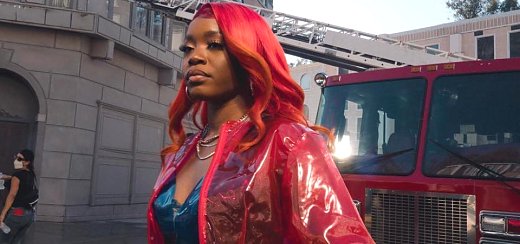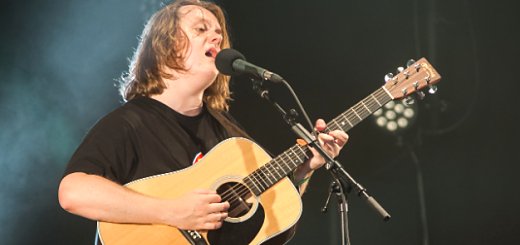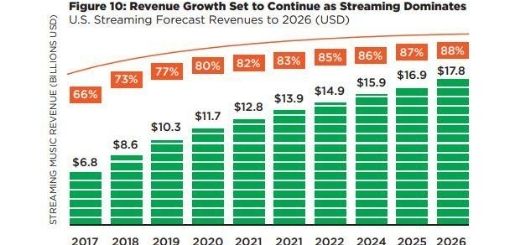Over 150 UK artists call for change to streaming laws

UK music stars young and old - including Paul McCartney, Kate Bush, Robert Plant, Stevie Nicks, Sting, Roger Daltrey, Chris Martin, Kano, Noel Gallagher, Mike Skinner, Damon Albarn, Wolf Alice, and around 150 others - have called on the UK government to reform the way musicians are paid when their songs are streamed online, NME reports. They point out that "songwriters earn 50% of radio revenues, but only 15% in streaming". On streaming services, labels retain the majority of the money - with the artist receiving about 13% on average, and session musicians receiving nothing.
